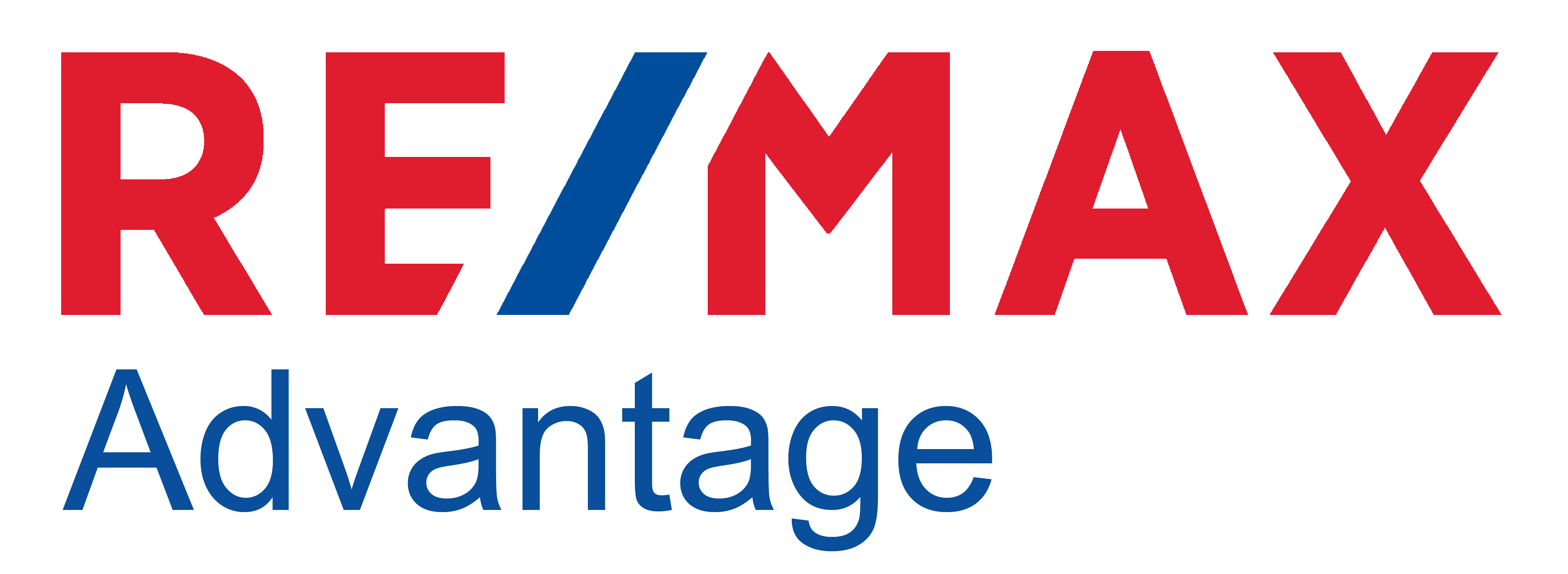
Getting that first step on the property ladder can be daunting and challenging, while also bringing a sense of relief as a step forward as a landlord. Building on that, the opportunity to grow an investment portfolio can be hugely beneficial as a financial planning strategy.
Property ownership, for many, can be harder to achieve with cost-of-living increases, tighter lending restrictions and slow wage growth, indeed, to introduce further properties to your portfolio may require a different strategy than previous property purchases.
Enter: the opportunity to co-invest with others. It may be family members, friends, or business partners – is it an option worth pursuing? There’s no clear answer, but it is worth considering by weighing up the pros and cons.
Pros:
- A shared deposit will disburse initial financial outlay. This may also allow for a larger property pool to
choose from. - Multiple investors may provide alternate, and valued perspectives and insights when it comes to
choosing the right investment opportunity. - Shared management of maintenance, with access to a larger resource pool in terms of trades and
professional services.
Cons:
- Differences of opinions when it comes to decisions surrounding the investment property.
- Balance of management between co-owners, and potential issues in regard to finances.
- Impact on relationship outside of co-ownership. I.e. personal relationships impacted by
business/financial decisions. - Differing goals when it comes to the investment property.
Property co-ownership is not an unusual concept, but it is important to consider deeply how you may be impacted by the agreement. It needs to be in your best interests, therefore privately reviewing and seeking independent advice surrounding the set-up of ownership is just as, if not more, important that co-seeking advice.
A co-ownership agreement should be in place, which clearly outlines the rights, responsibilities and obligations of individuals regarding the shared property. Obtaining legal guidance should be sought for this purpose, to ensure the agreement gives clarity to the ownership structure, including any decision-making, management and exit strategies.
It is important to consider the type of co-ownership arrangement, and the legal implications this may have. If the co-owned property is part of a strata, its important to understand if/how this may impact the management of the property.
Becoming a landlord comes with its own set of challenges, however keeping your eyes on the end goal and with the support of the right property management team can see you reap rewards.
